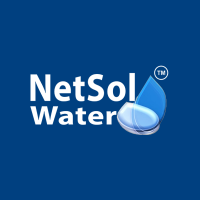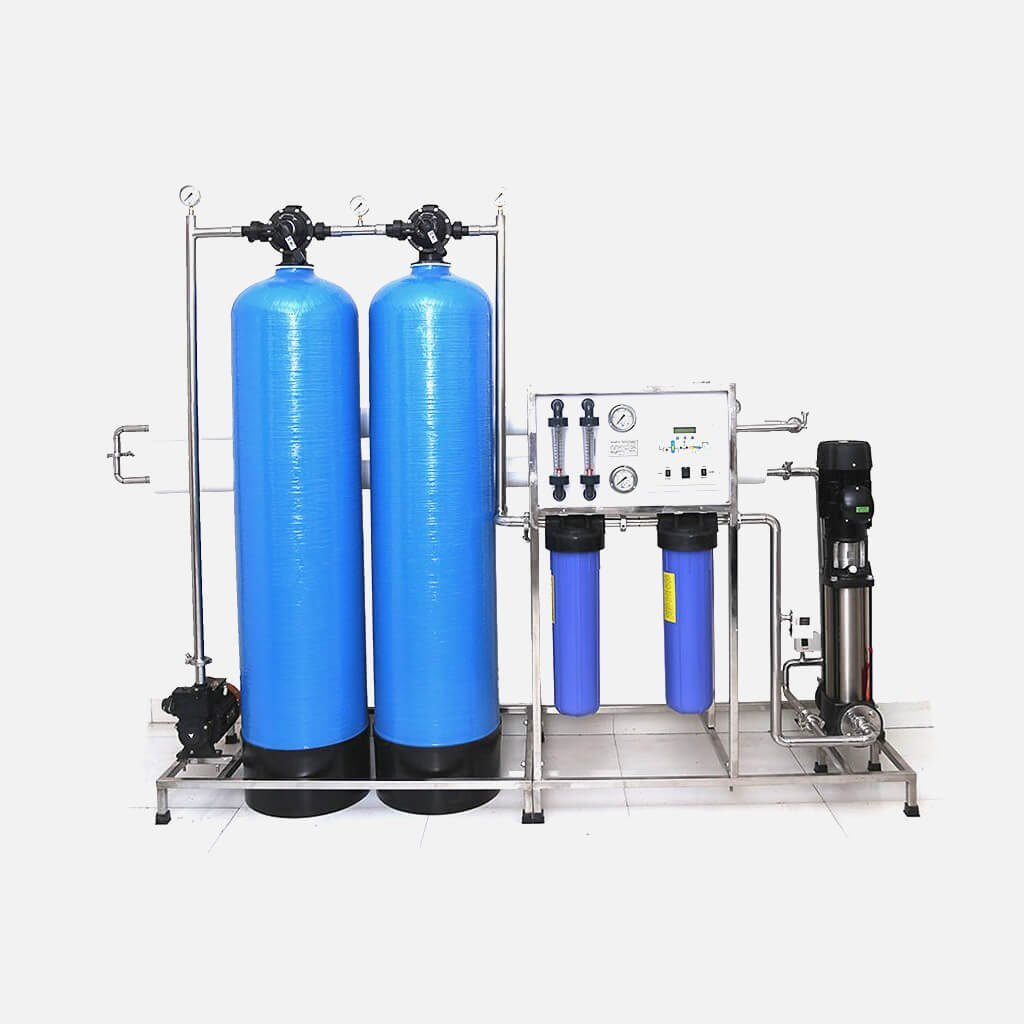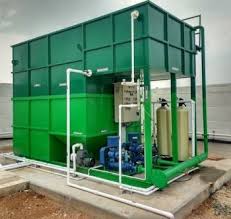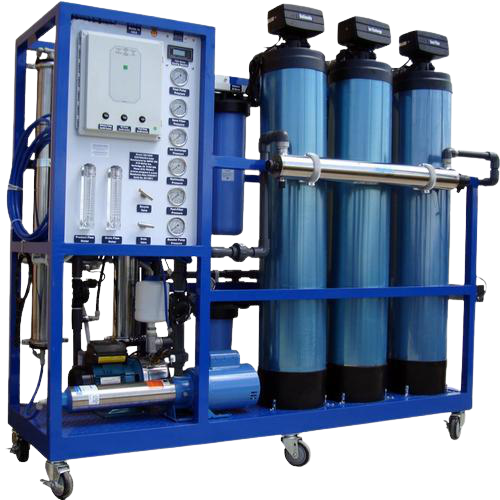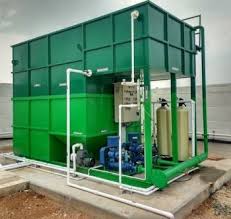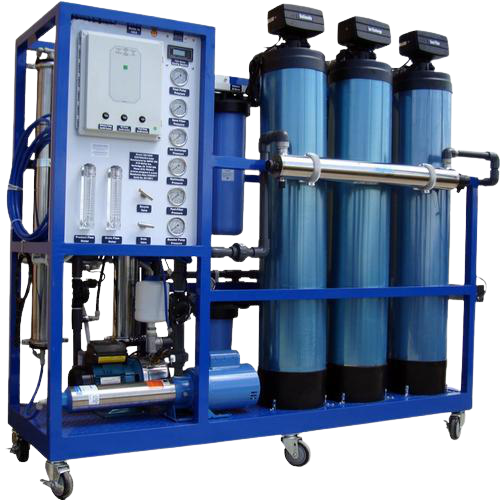How to Start a Commercial RO Water Plant Business
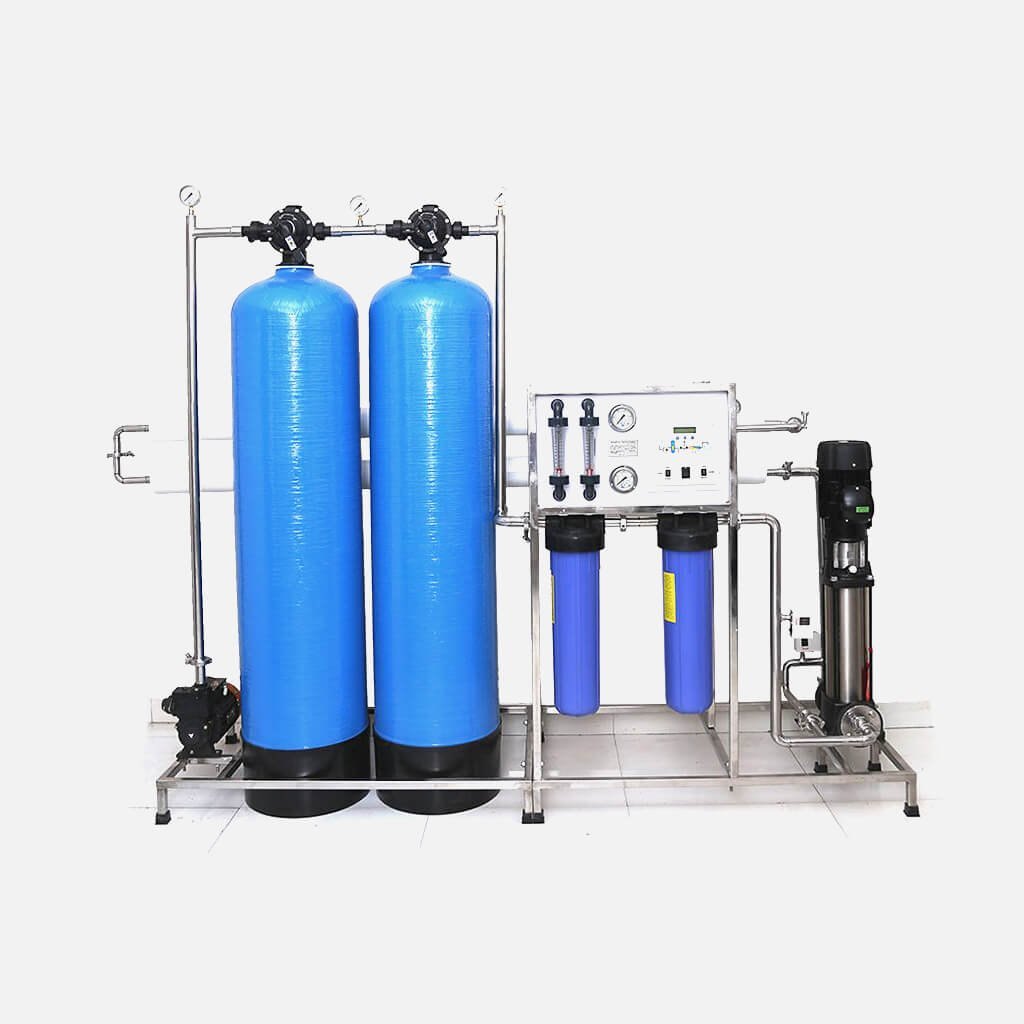
Strong 8k brings an ultra-HD IPTV experience to your living room and your pocket.
The increasing demand for clean and safe drinking water has created a lucrative opportunity for entrepreneurs. If you're looking to capitalize on this growing market, learning how to start a commercial RO water plant business is essential. This guide walks you through the necessary steps to establish a successful RO water plant business.
Step 1: Understand the Business and Market
Before starting, it’s crucial to research the market and business potential.
Market Analysis
Identify your target customers, including industries, offices, residential complexes, and retailers.
Assess the competition and understand their pricing models, water quality, and distribution strategies.
Business Potential
The demand for purified water is driven by pollution and water scarcity. A commercial RO plant can cater to bottled water markets, bulk supply, or industrial water needs, offering multiple revenue streams.
Step 2: Create a Business Plan
A robust business plan is the foundation for success. Include the following details:
Initial investment and funding requirements.
Operational costs like equipment, electricity, and labor.
Revenue forecasts based on production capacity and pricing.
Marketing and distribution strategies.
A well-drafted plan will help secure funding or loans if required.
Step 3: Obtain Required Licenses and Approvals
To operate legally, ensure all necessary permits are in place:
Mandatory Licenses
Pollution control certificate.
BIS (Bureau of Indian Standards) certification for bottled water production.
FSSAI (Food Safety and Standards Authority of India) license for food-grade safety compliance.
Water Source Approval
Secure permissions for groundwater usage or municipal water sourcing from the relevant authorities.
GST Registration
Register your business under GST for taxation and invoicing purposes.
Step 4: Choose the Right Location
Selecting an appropriate site is crucial for smooth operations.
Space Requirements: Ensure sufficient space for machinery, storage tanks, and packaging units.
Accessibility: Choose a location close to your target market to reduce transportation costs.
Utilities: Reliable electricity and water supply are essential for uninterrupted production.
Step 5: Procure Equipment and Machinery
Investing in quality machinery is vital for efficiency and water quality. Essential equipment includes:
RO Plant: Filters, membranes, pumps, and control systems.
Storage Tanks: For raw water and treated water.
Bottling and Packaging Units: If producing bottled water.
Water Testing Equipment: For quality assurance and regulatory compliance.
Partner with trusted manufacturers to ensure durable and efficient systems.
Step 6: Set Up Operations
Install Machinery
Ensure proper installation and testing of all equipment under expert supervision.
Hire Staff
Employ skilled personnel to manage operations, quality control, and maintenance. Provide training to ensure adherence to safety and efficiency protocols.
Establish Quality Control
Regularly test water for physical, chemical, and microbiological parameters to meet safety standards.
Step 7: Develop a Marketing and Distribution Plan
Branding
Create a unique brand identity with a logo, slogan, and attractive packaging (for bottled water).
Promotion
Leverage online platforms for promotion using SEO strategies targeting keywords like how to start a commercial RO water plant business.
Use social media ads and local advertisements to reach your audience.
Build Partnerships
Collaborate with retailers, wholesalers, and institutions for bulk supply contracts.
Pricing Strategy
Offer competitive pricing without compromising on quality to attract customers.
Step 8: Scale and Grow Your Business
Once the plant is operational, look for opportunities to expand.
Increase production capacity as demand grows.
Diversify offerings with products like alkaline or flavored water.
Optimize operations with IoT-enabled monitoring systems to enhance efficiency.
Conclusion
Starting a commercial RO water plant business is a rewarding venture with immense growth potential. By following these steps, from researching the market to scaling your operations, you can establish a successful business. Focus on delivering high-quality water, maintaining regulatory compliance, and meeting customer expectations to secure your place in this competitive market.
Note: IndiBlogHub features both user-submitted and editorial content. We do not verify third-party contributions. Read our Disclaimer and Privacy Policyfor details.

